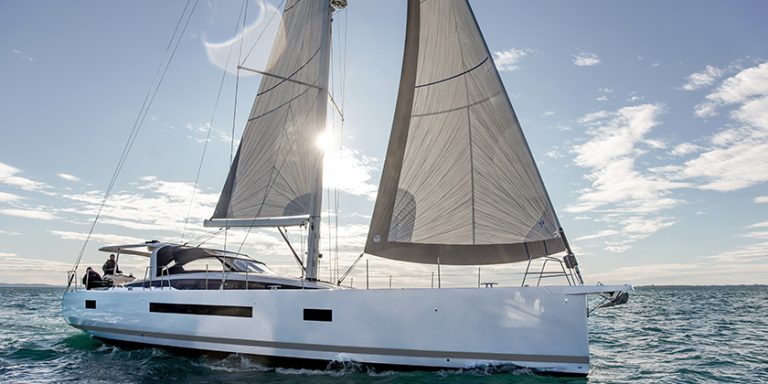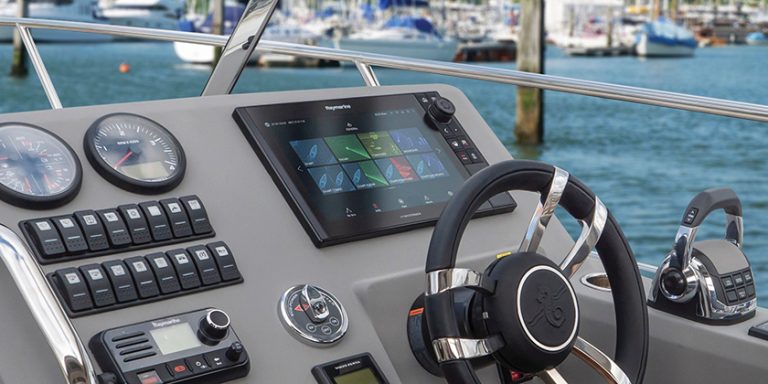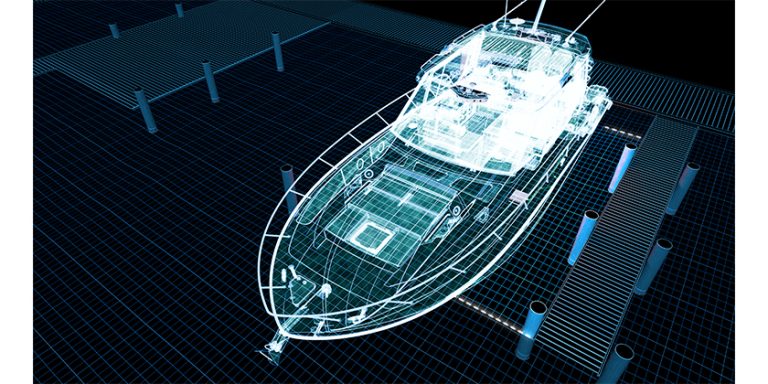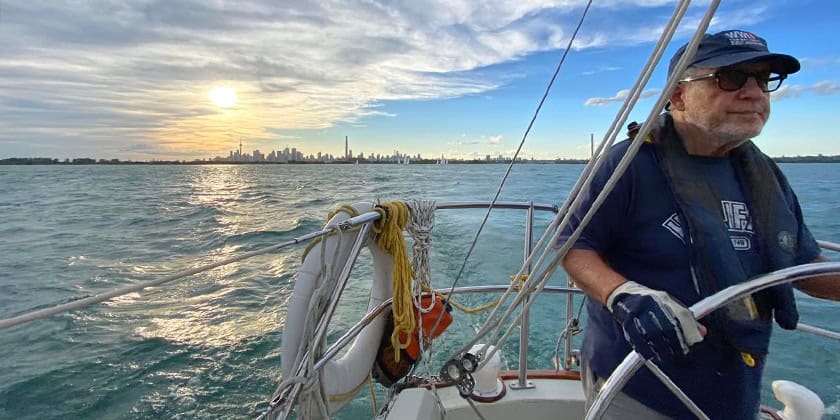Is There a Diesel In Your Future?
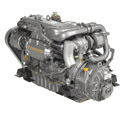
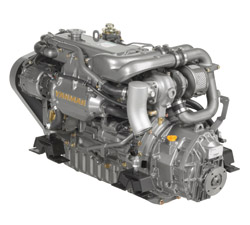 With the trend to larger boats and the continued strong market in Canada, many boat buyers will be cruising the shows this winter, looking at diesel-powered boats.
With the trend to larger boats and the continued strong market in Canada, many boat buyers will be cruising the shows this winter, looking at diesel-powered boats.
Diesel power costs more initially. Is diesel worth it to you? Or, should you stay with familiar and less expensive gasoline engines of the same horsepower?
For those with no direct diesel experience – or who remember the old-style diesel bus engines that would belch black smoke, let's talk about some of the changes and the advantages diesel has compared to gasoline engines.
New diesels almost all feature turbo-charging, after-cooling and the dramatic effects of the new electronic engine controls.
Diesel engines are particularly well suited to marine use because they generate higher levels of torque. Torque is desirable because generally speaking, a larger propeller moving more slowly through the water has greater efficiency. But, turning that larger propeller at slow speeds requires torque that is a measure of the engines "twisting" power. Horsepower is another measurement and it is important too, but it is torque that gets the boat up on plane and holds a speed.
The gasoline engine in your car may only need to produce (anywhere near) maximum horsepower when you're accelerating. As soon as you reach highway speeds, you throttle back and cruise. Many cars need only 40 or 50 hp to maintain highway speeds. Boats are different. The engine is under continuous load and if you throttle back, the boat will slow down.
370 hp gas engines produce maximum power high on its rev range as high as 4,800 rpm maximum speed. The "duty cycle" is often 75% or less of maximum speed or in this case, under 3,600 rpm. At that speed, you may only be producing 260 hp and a fairly low level of torque.
That may be OK depending on the boat's design, your load, weather and many other factors but if you are running continuously at more than the duty cycle levels, you are wearing the engine prematurely and probably wasting a lot of fuel too.
Danny Fong at Inmar, the new Ontario distributors for Yanmar diesels explained that the torque a diesel develops, relates to its compression ratio. Gasoline engines, sometimes referred to as a spark ignition engine, "suck" the incoming charge of air and fuel into the combustion chamber as it turns. Typically, this fuel/air mixture is compressed at the ratio of 9:1 while the fuel/air mixture in a diesel is over 20:1 compression.
This results in a bigger explosion driving the piston down with significantly greater force and that translates into higher torque.
The greater force of the explosion however, demands more rugged construction. That costs money. Then, to reach the high compression ratio, the diesel engine has an exhaust gas driven turbocharger. As the engine speed rises, exhaust gas flows past the veins of a small turbine, spinning it up to a high speed where it's used to drive larger volumes of their into the intake side of the diesel to boost the compression ratio.
Computer engine controls manage this whole process, resulting in a cleaner running engine; one that starts easily, runs without smoke and has low emissions.
As an example, a new 370 hp Yanmar diesel may rev to 3,600 rpm maximum but it is designed to run at a continuous 3,200 rpm, producing significantly more torque than the comparable 370 hp gas engine.
We spoke to Tom Watson, at Yanmar's head office in the United States. He stressed that it was the continuous output of the engine that was more important than just the horsepower rating.
The engine's lifespan relates to wear and that relates to the number of times the pistons go up and down as well as how heavily built the engine is. More rpm's equals more wear. The diesel costs more but is made to run harder and is built to last longer. You may get much of the initial investment back if you trade the boat after a few years. If you keep it longer, the diesel's greater fuel economy may make it the better value.
Then again, if you don't pile on the hours and keep your boat a long time, the cost of diesels may never be justified. Gas is still a great choice assuming you can get the right power for the boat and load.
Talk to your dealer – they know best but there may be a diesel in your future!

